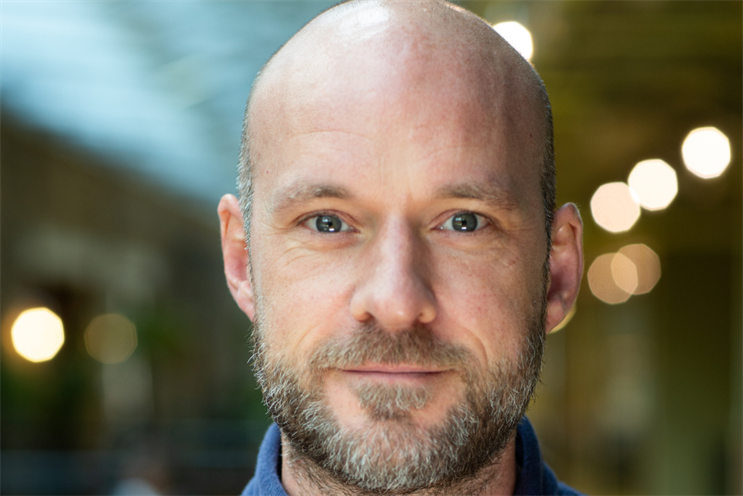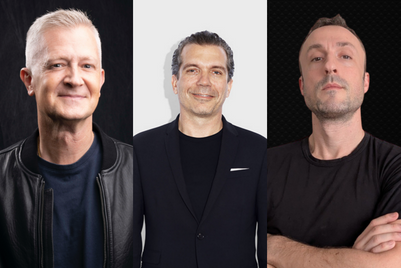
We didn’t mean to build the manosphere. But we might have handed it the blueprint.
For decades, mainstream marketing has sold men a story: That success means wealth, power, six-packs, Rolexes, hustle culture. We all know the straplines: “Impossible is nothing”; “Fuel your ambition"; “The only way is through”. These weren’t fringe messages. They came from global brands—repeated and reinforced on buses, in gyms and on the backs of footballers’ shirts until they became gospel.
Marketing didn’t manufacture this narrative. The tone had been set by Hollywood tough guys, billionaire rappers and CEO podcasts peddling the grindset mentality. But while the entertainment industry shaped this aspirational dream, it was marketers who packaged it for mass consumption. Who positioned products as shortcuts to success. Who fused consumption with lifestyle and then identity.
The goal was to motivate. But hyper-aspirational messaging has a darker side. What happens when young men don’t make it? When the hustle fails, the money doesn’t come and the abs don’t show? That disillusionment doesn’t just fade. It curdles. And that’s where the manosphere steps in.
Over the past two years, I’ve led a mixed methods research study for Movember, engaging more than 3,000 young men across the UK, the US and Australia to understand how influencer culture is reshaping notions of masculinity and impacting young men. The report, focusing on the health and wellbeing impacts of the manosphere on young men, dropped this week—and the findings are stark.
Masculinity influencers have taken the marketing playbook and warped it to cement a dangerous ideology. The message is still: get rich, get ripped, get the girl and never stop grinding. But now there’s a villain: feminism, softness, leftism, women, wokeness. In this worldview, failure isn’t bad luck, it’s proof that the world is rigged against men. The solution? Go it alone, complete the course, buckle up.
The manosphere takes the marketing playbook and weaponises it. On the surface this weaponisation has feminism in its sights but, in reality, young male viewers are more likely to suffer poor mental health and twice as likely as their peers to use steroids and performance-enhancing supplements, and to exercise while injured.
When brands perpetuate narrow ideas of masculinity and extrinsic signals of success—and when the only story we tell about men is that they must win against all odds—we create fertile ground for this kind of extremism. Young men don’t need more status symbols. They need better stories about what it means to be a man: Stories with complexity, care, and connection. They need to understand that failure is inevitable and it’s how we learn and grow.
This doesn’t mean brands need to ditch masculinity. But they do need to rewrite the script. This means talking to their values, not their stereotypes, ditching the lazy lad tropes and representing masculinity through a breadth of identity, rather than a narrow and restrictive archetype. Celebrating drive and motivation need not come at the expense of integrity and emotional intelligence. Aspirational brand marketing has a powerful opportunity to be part of the solution in rethinking what masculinity means.
The manosphere isn’t just a cultural crisis. It’s a marketing crisis. We helped write the first draft. Now we need to write a better one.
Saul Parker is the co-founder and chief executive of The Good Side.



.jpg&h=334&w=500&q=100&v=20250320&c=1)
.jpg&h=334&w=500&q=100&v=20250320&c=1)
.jpg&h=334&w=500&q=100&v=20250320&c=1)




.png&h=334&w=500&q=100&v=20250320&c=1)

.png&h=334&w=500&q=100&v=20250320&c=1)



.jpg&h=268&w=401&q=100&v=20250320&c=1)


.png&h=268&w=401&q=100&v=20250320&c=1)
